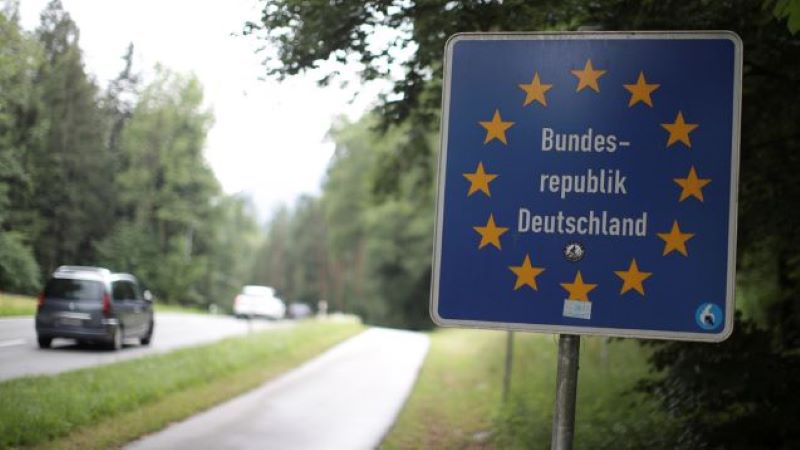Vienna, November 27, 2024 – After months of steadfast opposition, Austria is poised to lift its veto on the expansion of the Schengen Area, opening the door for Romania and Bulgaria to join the European Union’s border-free travel zone. The shift marks a significant breakthrough in EU negotiations and is expected to be formalized within weeks.
A History of Resistance
Austria had long blocked the accession of the two Balkan nations, citing unresolved issues related to border security and irregular migration. Austrian officials argued that the EU’s external borders remained porous, exposing member states to heightened risks of unauthorized entry. This position created a diplomatic stalemate that threatened to derail one of the EU’s most ambitious integration efforts in recent years.
However, the tide began to turn with growing international pressure and assurances from Romania and Bulgaria on bolstering border controls. Magnus Brunner, the incoming EU Commissioner for Migration, affirmed that both nations had fulfilled the necessary technical and legal criteria for full Schengen membership. His support added momentum to the process, signaling that Austria’s opposition was becoming increasingly untenable.
Breakthrough Developments
The breakthrough came earlier this week when the Hungarian EU Presidency announced that ambassadors from member states had finalized preparations for a Council decision to lift land border controls with Romania and Bulgaria effective January 1, 2025. This announcement, shared on X (formerly Twitter), signaled the near-completion of a long-stalled process.
EU interior ministers are scheduled to vote on the proposal during a Council meeting on December 12. Analysts predict unanimous approval, given the robust diplomatic groundwork laid in recent weeks. Austria’s recent softening on the issue has fueled optimism for a smooth passage of the measure.
Coordinated Border Security Efforts
The progress was bolstered by a high-level meeting in Budapest last Friday, where the interior ministers of Austria, Romania, Bulgaria, and Hungary agreed on a new border security package. The agreement addresses Austrian concerns by enhancing joint patrols, improving surveillance technologies, and streamlining asylum processing at external EU borders. Austrian Interior Minister Gerhard Karner hailed the agreement as “a crucial step forward” and indicated that it would influence Vienna’s final position during the December vote.
Romania and Bulgaria have already been part of “Air Schengen” since March 2024, which eliminated border checks at airports and seaports. Their full accession, including land border integration, has been delayed by Austria’s veto, making Vienna’s impending reversal a decisive factor.
Political and Strategic Implications
Austria’s opposition had isolated it within the EU, drawing criticism from several member states and stakeholders. The United Nations High Commissioner for Refugees and numerous NGOs have also urged Austria to reconsider its stance, emphasizing that Romania and Bulgaria play critical roles in safeguarding the EU’s external borders.
If the vote proceeds as expected, the Schengen Zone will welcome its first major expansion in over a decade. This development is poised to deepen European integration and strengthen economic ties, particularly within Southeast Europe. Romania and Bulgaria stand to benefit from enhanced mobility, tourism, and cross-border trade, while the EU signals a renewed commitment to solidarity among its member states.
Austria’s Position Moving Forward
While Austria has not officially declared its support, the diplomatic groundwork suggests that Vienna will align with the consensus. Austrian officials have emphasized the importance of ensuring robust external border management before further enlarging the Schengen Zone. This balancing act between domestic political considerations and European unity has shaped Austria’s cautious approach to the issue.
“The discussions in Budapest and Brussels demonstrate that cooperation can achieve tangible results,” Minister Karner stated, adding that Austria’s final position would be clarified closer to the December vote. However, given Wednesday’s decision by EU ambassadors, Vienna is widely expected to endorse the expansion.
A Milestone for European Integration
The anticipated accession of Romania and Bulgaria to the Schengen Zone marks a historic moment for the European Union. It underscores the bloc’s commitment to fostering inclusivity and strengthening cohesion in the face of geopolitical challenges. For Romania and Bulgaria, full Schengen membership represents a long-awaited milestone, symbolizing their deeper integration into the European project.
As Europe prepares for the next chapter of its border-free travel regime, the Schengen Zone’s enlargement will reaffirm the values of openness and cooperation at the heart of the EU. The December vote, if successful, will be a pivotal step toward realizing this vision.





